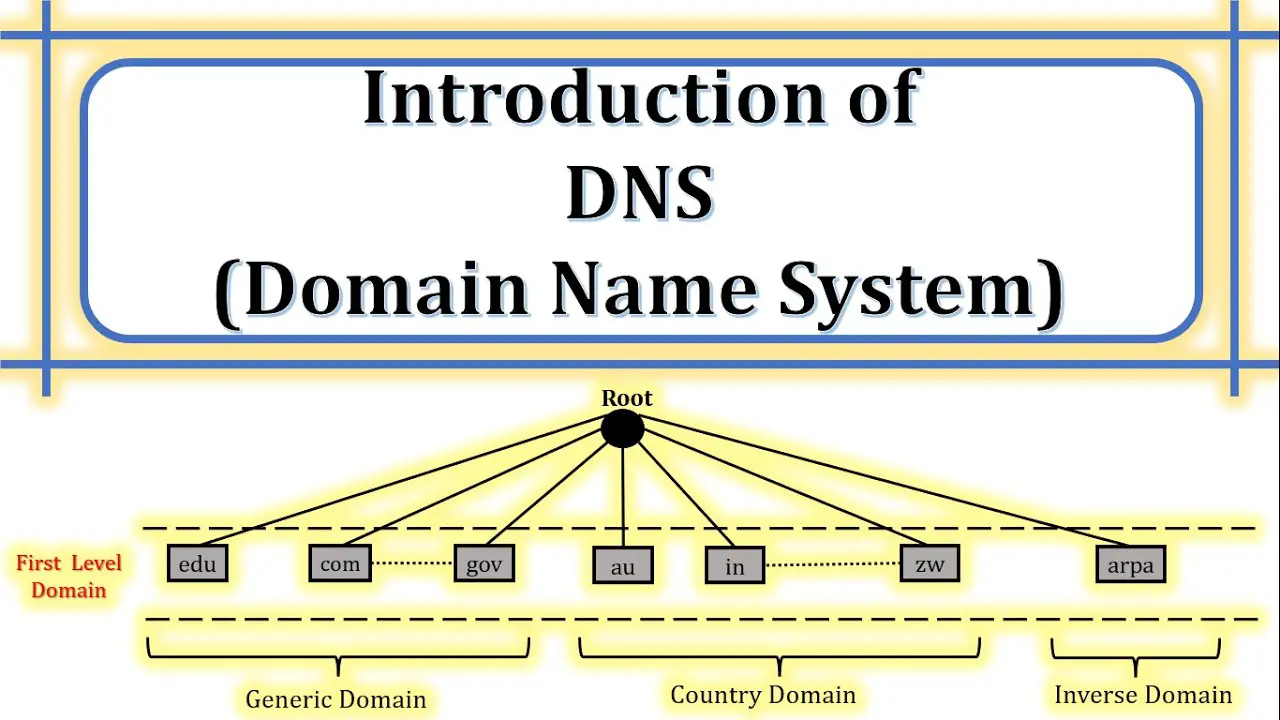Event planning apps are software applications designed to streamline and simplify the process of organizing and managing events. These digital tools offer a wide range of features and functionalities to assist event planners in various aspects of their work.
Event planning apps typically include tools for creating and managing guest lists, sending invitations and reminders, tracking RSVPs, and managing event schedules and timelines. They also often provide budgeting and expense tracking features, helping organizers stay within financial constraints. Additionally, these apps may offer seating arrangement tools, vendor management capabilities, and communication tools to keep everyone involved in the event informed and coordinated.
Moreover, event planning apps often leverage cloud-based technology, allowing multiple users to collaborate in real-time and access event-related information from anywhere with an internet connection. Some apps also incorporate marketing and promotion features to help boost attendance and engagement for the event.
Overall, event planning apps serve as invaluable tools for professionals and individuals alike, offering efficiency, organization, and convenience in the complex task of event coordination and management.
Development History of Event Planning Apps
The history of event planning apps can be traced back to the late 20th century when the advent of digital technology and the internet began to reshape various industries. Here is a brief overview of the development history of event planning apps:
1. Early Digital Tools (1990s)
- In the 1990s, event planners and organizers primarily relied on desktop software like Microsoft Excel and Outlook for basic event management tasks such as guest lists, scheduling, and email communication.
- The internet was in its infancy, and there were no specialized event planning apps or platforms available.
2. Emergence of Online Registration (Early 2000s)
- As the internet became more widespread, event planners started using online registration forms and payment processing systems to streamline the registration process.
- Companies like Eventbrite (founded in 2006) and RegOnline (founded in 2003) pioneered online event registration and ticketing platforms.
3. Rise of Social Media (Mid-2000s)
- The mid-2000s saw the rise of social media platforms like Facebook and Twitter, which event planners began using to promote events and engage with attendees.
- These platforms played a role in event marketing and communication.
4. Mobile Apps (Late 2000s – Early 2010s)
- The advent of smartphones and app stores led to the development of mobile event planning apps.
- Apps like Meetup (founded in 2002) and Eventbrite launched mobile versions, allowing users to discover, register for, and manage events from their smartphones.
- Event-specific apps also started emerging, offering features like interactive maps, schedules, and attendee networking.
5. Specialized Event Planning Platforms (2010s)
- In the 2010s, specialized event planning platforms like Cvent (founded in 1999) gained popularity, offering comprehensive solutions for event management, including registration, ticketing, venue sourcing, and reporting.
- These platforms integrated various aspects of event planning into a single digital environment.
6. Event Management Ecosystem (2010s – Present)
- The event planning industry continued to evolve, with the development of comprehensive event management ecosystems.
- These ecosystems include event planning software, mobile apps, marketing tools, and analytics platforms that help organizers plan, promote, and analyze events.
7. Integration of AI and Data Analytics (2010s – Present)
- Recent developments in event planning apps include the integration of artificial intelligence and data analytics for personalized recommendations, predictive analytics, and improved attendee engagement.
- These technologies help organizers make data-driven decisions and enhance the event experience.
8. Hybrid and Virtual Events (2020s)
- The COVID-19 pandemic accelerated the adoption of virtual and hybrid events, leading to the development of event planning apps and platforms tailored to online and hybrid experiences.
The history of event planning apps reflects the continuous evolution of technology and the changing needs of event organizers and attendees. Today, event planning apps play a crucial role in simplifying the complex process of organizing and managing events of all sizes and types.
Examples of Event Planning Apps
There are several event planning apps available to help you streamline and organize your event planning process. Here are some examples of popular event planning apps as:
1. Eventbrite
- Website: Eventbrite
- Description: Eventbrite is a popular platform for creating and managing events. It offers tools for ticketing, registration, promotion, and attendee management.
2. Cvent
- Website: Cvent
- Description: Cvent is a comprehensive event management software used for planning, registration, and marketing events of all sizes.
3. Meetup
- Website: Meetup
- Description: Meetup is a social networking platform that facilitates the creation of local groups and events. It’s great for organizing and finding events related to specific interests.
4. Eventzilla
- Website: Eventzilla
- Description: Eventzilla is an online event registration and ticketing platform that offers features for event promotion, registration, and payment processing.
5. Evite
- Website: Evite
- Description: Evite is a platform for creating digital invitations and event planning. It’s popular for social gatherings and informal events.
6. Splash
- Website: Splash
- Description: Splash is an event marketing platform that helps users create customizable event websites, manage guest lists, and promote events.
7. Whova
- Website: Whova
- Description: Whova is an event management app designed to simplify event planning, engagement, and networking for both organizers and attendees.
8. Bizzabo
- Website: Bizzabo
- Description: Bizzabo is an event management platform that offers tools for event marketing, registration, and attendee engagement.
9. Ticketmaster
- Website: Ticketmaster
- Description: Ticketmaster is a well-known ticketing platform that allows users to buy and sell tickets for various events, including concerts, sports, and theater.
10. Eventive
- Website: Eventive
- Description: Eventive is a virtual and hybrid event platform that enables organizers to host and manage online and in-person events.
Uses of Event Planning Apps
Event planning apps are versatile tools that can be used for a wide range of purposes, both for personal and professional events. Here are some common uses of event planning apps:
- Wedding Planning: Wedding planners and couples often use event planning apps to manage guest lists, track RSVPs, set budgets, create seating charts, and schedule various wedding-related activities.
- Corporate Events: Event planners in the business world use these apps for conferences, seminars, workshops, and trade shows. They can help with scheduling sessions, coordinating speakers, and managing attendee registration.
- Party Planning: Whether it’s a birthday party, anniversary celebration, or any other social event, these apps help organize guest lists, send invitations, and manage party details like themes, decorations, and catering.
- Fundraisers: Nonprofits and charitable organizations use event planning apps to coordinate fundraising events, manage donor information, and handle ticket sales.
- Concerts and Festivals: Event organizers can use these apps to plan and promote music festivals, concerts, and other large-scale entertainment events. They can help manage ticket sales, artist schedules, and logistical details.
- Trade Shows and Expos: Event planning apps can assist in coordinating trade shows and expos, including booth assignments, vendor management, and attendee registration.
- Conferences and Seminars: For educational or professional gatherings, these apps can help schedule sessions, manage speaker and attendee information, and provide event logistics.
- Sports Events: Event planners for sporting events can use apps to coordinate game schedules, ticket sales, seating arrangements, and marketing efforts.
- Meetings and Workshops: Businesses often use event planning apps to organize internal meetings, workshops, and training sessions, making it easier to manage schedules and resources.
- Community Events: Local governments and community organizations use these apps to plan community festivals, parades, and other public events.
- Personal Celebrations: Individuals can use event planning apps for personal celebrations like baby showers, engagement parties, and retirement gatherings.
- Event Marketing: Event planning apps can also assist with event marketing, helping organizers create promotional materials, manage social media campaigns, and track RSVPs.
- Event Budgeting: Many event planning apps include budgeting tools to help organizers keep track of expenses and revenue.
- Venue Selection: Some apps provide features for finding and booking suitable event venues based on location, capacity, and budget.
- Task Management: Event planning apps often include to-do lists and task management features to help organizers stay on top of all the details involved in event preparation.
- Collaboration: They facilitate collaboration among event planning teams by allowing multiple users to access and update event information in real-time.
- Vendor and Supplier Management: Organizers can use these apps to keep track of contracts, payments, and communications with vendors, caterers, and suppliers.
- RSVP and Guest List Management: Managing guest lists, sending invitations, and tracking RSVPs is made more efficient with these apps.
- Feedback and Surveys: After the event, organizers can use the apps to collect feedback and conduct surveys to improve future events.
- Analytics and Reporting: Some event planning apps offer analytics and reporting features to evaluate the success of an event and make data-driven decisions for future events.
Overall, event planning apps streamline the organization and management of events, saving time, reducing stress, and improving the overall experience for both organizers and attendees. Their utility can vary based on the specific needs of the event and the features offered by the app.
Facts, Features and Functions of Event Planning Apps
Event planning apps are digital tools designed to help individuals and professionals organize and manage various types of events, from small gatherings to large conferences and weddings. These apps offer a range of features and functions to streamline the planning process and ensure that events run smoothly. Here are some facts, features, and functions of event planning apps:
Facts:
- Widespread Usage: Event planning apps have gained popularity in recent years due to their convenience and efficiency in managing events of all sizes.
- Mobile Accessibility: Most event planning apps are available on mobile devices, making it easy for users to access and manage their event details on the go.
- Integration: Many event planning apps integrate with other software and tools, such as calendars, email platforms, and social media, to streamline communication and coordination.
- Customization: Users can often customize event planning apps to suit their specific needs and preferences, allowing for a personalized planning experience.
Features:
- Event Creation: Users can create events, specifying details such as event type, date, time, location, and guest list.
- Budget Management: Event planning apps often include budgeting tools to help users track expenses and stay within their budget.
- Task Lists: These apps allow users to create to-do lists, assign tasks to team members, and set deadlines to ensure everything gets done on time.
- Guest List Management: Users can manage guest lists, send invitations, and track RSVPs, helping to plan for the appropriate number of attendees.
- Vendor and Venue Selection: Event planning apps may offer directories of vendors and venues, along with reviews and ratings to assist in the selection process.
- Event Timelines: Users can create event timelines and schedules to keep track of important milestones and activities leading up to the event.
- Communication Tools: Many apps offer communication features like chat or messaging systems to facilitate collaboration among event organizers and participants.
- Seating Arrangements: For events like weddings and banquets, some apps offer tools for arranging seating charts and layouts.
- Ticketing and Registration: Event planning apps often support ticketing and registration processes, allowing organizers to sell tickets online and manage attendee information.
- Analytics and Reporting: Users can access analytics and reporting features to gain insights into event performance, attendance, and budget expenditures.
Functions:
- Event Promotion: Event planning apps may include features to help promote the event, such as social media integration and email marketing tools.
- On-Site Check-In: Some apps offer on-site check-in functionality, enabling organizers to quickly verify attendee attendance.
- Collaborative Planning: Multiple users or team members can collaborate on the same event within the app, sharing updates and progress.
- Reminders and Alerts: Users can set up reminders and alerts for important tasks and deadlines, reducing the risk of forgetting crucial details.
- Feedback and Surveys: After the event, organizers can use the app to collect feedback and conduct surveys to gather insights for future improvements.
- Data Security: Event planning apps prioritize data security and privacy, ensuring that sensitive information about the event and attendees is protected.
- Integration with Other Tools: Many event planning apps integrate with other software, such as accounting software, CRM systems, and marketing tools, to streamline workflows.
In summary, event planning apps offer a wide range of features and functions to simplify the process of organizing and managing events. They have become essential tools for event professionals and individuals looking to host successful gatherings. The specific features and capabilities of these apps can vary widely, so it’s important to choose one that aligns with your event planning needs and preferences.
Conclusion
Event planning apps have emerged as indispensable tools in the modern age, revolutionizing the way we organize and manage events. These apps offer a wide array of features, from guest list management to budget tracking, that streamline the planning process, enhance communication, and ensure the success of events of all sizes. With the convenience they provide and the potential to reduce stress, event planning apps are becoming increasingly popular among both professional event organizers and individuals planning personal gatherings. As technology continues to advance, we can anticipate even more innovative and user-friendly solutions in the field of event planning, further simplifying the intricacies of bringing people together for memorable occasions.







Leave a Reply